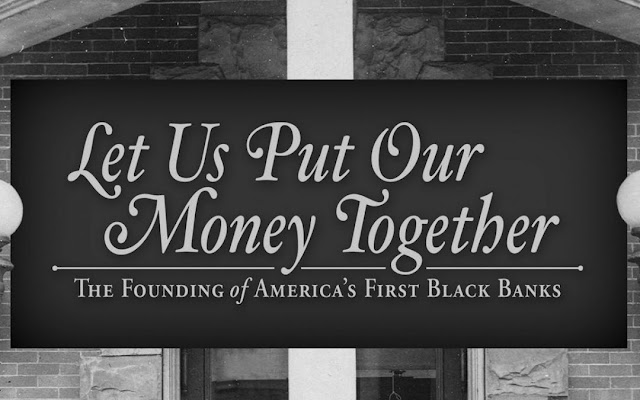What makes this book especially interesting is the lack of support that the Federal Reserve Bank of Kansas City has shown Black banks over the years.
In an article in Black Enterprise, we stated:
"it’s interesting that the Fed would write a book on black banks given their responsibility under federal law from over two decades ago to save minority banks in the face of the current decline...Congress enacted the Financial Institutions Reform, Recovery, and Enforcement Act of 1989 (FIRREA) under Section 308," which called "for preserving the number of minority depository institutions and offering technical help to prevent insolvency of institutions. The law also was geared to promote and encourage the creation of new minority depository institutions.
An objective review of recent performance based on 308’s standards would lead to the conclusion that the Fed has failed to preserve the number of black-owned depository institutions.”
There are other Federal laws, like Dodd-Frank Section 342, which created "an Office of Minority and Women Inclusion (OMWI) at the 12 regional Federal Reserve Banks, the Consumer Financial Protection Bureau (CFPB), the Federal Reserve Board of Governors (FBG), the Federal Deposit Insurance Corporation (FDIC), the Federal Housing Finance Agency (FHFA), the National Credit Union Administration (NCUA), the Office of the Comptroller of the Currency (OCC), the Securities and Exchange Commission (SEC), and the Department of the Treasury Department Offices (collectively, the Agencies), as well as all entities that contract with or are regulated by an Agency, “responsible for all Agency matters relating to diversity in management, employment and business activities.” This includes working with Black banks.
We continue to work, even in the face of banking regulator failure and hostility:
- In 2018, we worked on Federal legislation to help Black banks, HR 41.
- In 2006, 2007 and 2008, we created a fund to provide capital to women and minority owned banks. We sought approval as a bank holding company for this fund. A staff member at the Federal Reserve, the agency responsible for approving bank holding company applications, told us that unless he worked with a specific lawyer at a specific law firm, the application would be denied. Mr. Cunningham declined to work with the law firm. The application was denied. This is the justification for the statement to Black Enterprise that “Banking regulators have a policy of keeping black banks small and of keeping new black entrants out,”
As long as this is the case, we expect the number of Black banks to keep falling, as we predicted in 2011.
